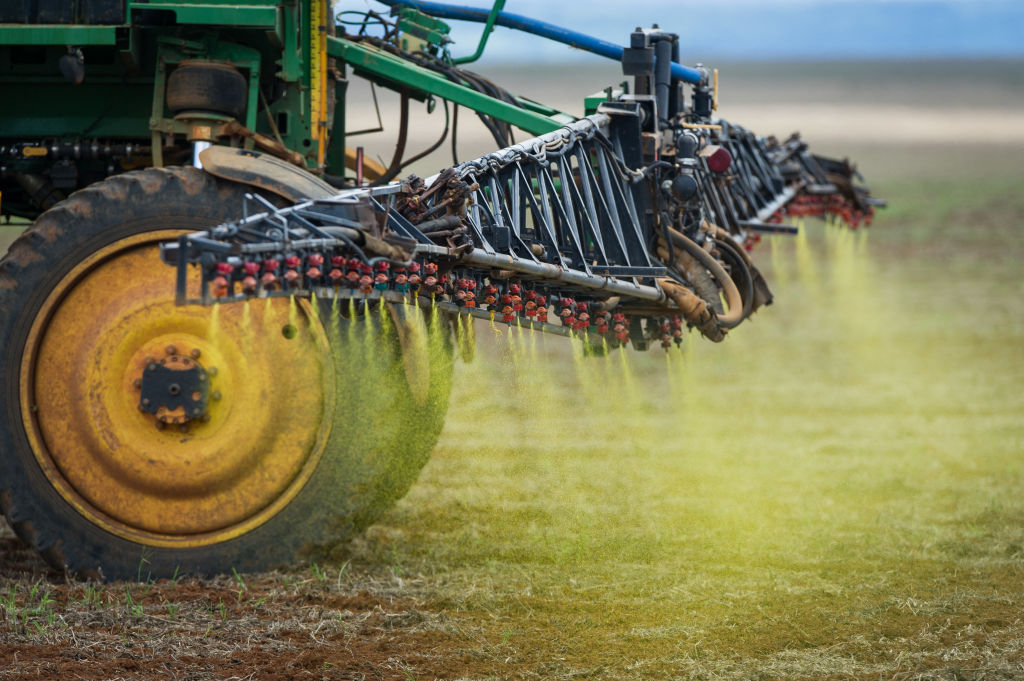
Consumption by the European Union threatens to devastate carbon-rich ecosystems that aren’t included in measures to address climate change and biodiversity loss outside the region’s borders, according to the WWF.
More than half of South America’s Cerrado, the world’s most biodiverse savannah, has been cleared largely as a result of soy and beef production, with the E.U. responsible for 19% of the region’s beef exports. Other ecosystems such as the Argentine Chaco, Sumatra’s peatland and the Cuvette Centrale in Democratic Republic of Congo similarly have been affected by the bloc’s demand for palm oil, timber and other commodities, the group said in a report released Tuesday.
An E.U. measure proposed last year is designed to curb the slashing of woodland spurred by the bloc’s consumption. Companies would have to collect the geographic coordinates of where their commodities originated, and national authorities would have to ensure that only products considered deforestation-free enter the market. The commodities covered include soy, beef, palm oil, wood, cocoa and coffee, and some derived products such as chocolate, leather and furniture.
The risk is that by focusing on predominantly forested areas, the E.U. inadvertently could incentivize producers to shift their operations to other valuable ecosystems.
The WWF and other environmental advocates want the E.U. to include ecosystems like savannahs, grasslands, peatlands and wetlands in the law. Europe is the second-largest importer of deforestation and its associated emissions after China, the WWF report said.
“The European Commission’s wait-and-see attitude is an inadequate response to the breakneck speed at which these ecosystems are being destroyed,” said Anke Schulmeister-Oldenhove, senior forest policy officer at WWF’s European Policy Office. “In times of climate emergency and accelerating loss of species, the E.U. cannot turn a blind eye to the loss of natural ecosystems beyond forests.”
At the COP26 climate change talks in Glasgow, Scotland, last year, 100 countries representing 85% of the world’s forests committed to halt and reverse the loss of woodland and land degradation by 2030. Worldwide, an area of forest the size of 27 soccer pitches is lost every minute, according to the U.K.
More Must-Reads from TIME
- Donald Trump Is TIME's 2024 Person of the Year
- Why We Chose Trump as Person of the Year
- Is Intermittent Fasting Good or Bad for You?
- The 100 Must-Read Books of 2024
- The 20 Best Christmas TV Episodes
- Column: If Optimism Feels Ridiculous Now, Try Hope
- The Future of Climate Action Is Trade Policy
- Merle Bombardieri Is Helping People Make the Baby Decision
Contact us at letters@time.com